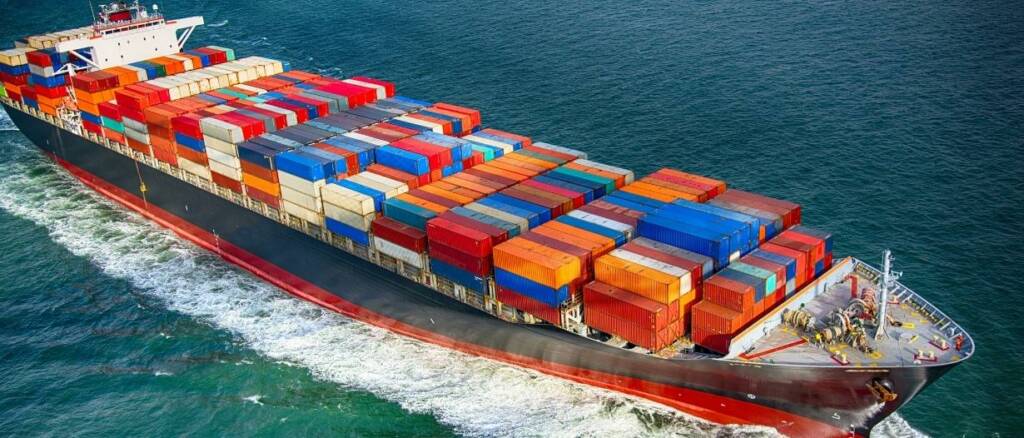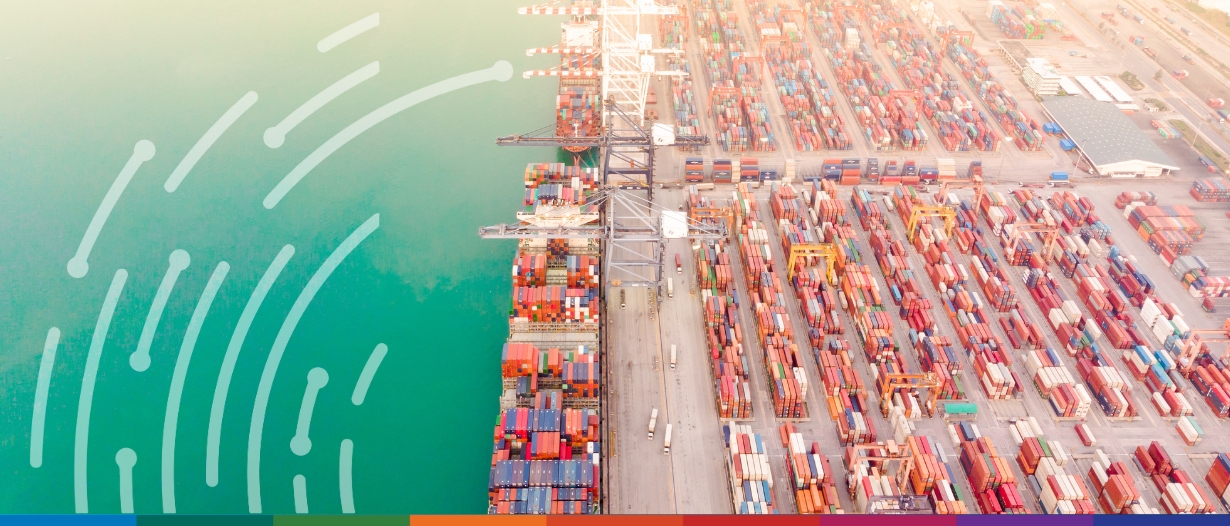Estimated reading time: 5 minutes
Between Brexit, COVID-19, and supply chain disruptions, foreign markets do not look the most inviting for UK businesses.
Despite the host of recent macroeconomic challenges, however, international trade and exports remain a viable business opportunity for looking to expand.
With a little bit of guidance, these markets can still be feasible and prosperous.
This is why Trade Finance Global (TFG) launched a Trade and Export Finance Guide earlier this year in conjunction with the UK Department of International Trade (DIT) and UK Export Finance (UKEF).
To further discuss this guide and why it can be a pivotal resource for exporting businesses in today’s climate, Deepesh Patel, director of partnerships and marketing at TFG, spoke with Paul McCombe, director of UK exports at DIT.
The four persistent barriers to trade
There are some challenges that are just difficult to eradicate.
In international trade, there are four persistent barriers that DIT repeatedly hears about, particularly when speaking with small businesses.
“It’s not that these challenges aren’t felt by the big corporates, but there’s a general sense that they will have a dedicated department that can get its head around what needs to be done,” McCombe said.
These challenges relate to cost, knowledge, networks, and investment.

Cost
As with many business operations, costs are a major driver of what can and cannot be done internationally.
For trade, this largely comes down to the added costs relating to the licenses, duties, shipping, paperwork, and systems that need to be in place in order to sell goods overseas.
Some of the work that governments do to negotiate trade deals helps to mitigate some of these costs, but nevertheless, they remain one of the largest and most persistent barriers for businesses to overcome.
Knowledge
The next one is knowledge.
A lot of smaller businesses that trade internationally may not have set out with the intention of selling abroad but they have received an order and decided to figure out how to fulfill it by learning on the fly.
In these cases, the businesses likely haven’t done a lot of research and may not know a lot of the requirements for certain things, which can cause things to go awry in a way they wouldn’t have if they had the necessary knowledge.
Networks
At its core, international trade is all about establishing trusted relationships with suppliers and buyers around the world.
A business looking to enter into a new region of the world may have only a few connections to discuss with, making the entire process exponentially more complicated.
You don’t know if you’re talking to the right person, and the people you are talking to have no reason to trust you.
Investments
Lastly, there is the challenge of investment which often comes down to a business having the required infrastructure and systems in place domestically, thereby having the capacity to fill a potentially large order.
This may sound like a good problem to have, but it can be detrimental for a business to lose a foreign account simply because they cannot deliver the size of the order that the customer requests.

The support is there
Looking for exporting information can be an enlightening experience, but it can also be difficult to sift through all the information out there and find the bits that are useful for any particular use case.
When the UK government was preparing for Brexit, they did a lot of campaigning and put many resources and helplines together covering the specifics of different types of facilities.
“When we looked at the sum total of that, it ended up at around 10,000 pages of guidance and 34 helplines,” McCombe said.
“So that in itself is almost too much for people.”
To help mitigate this oversupply of information, they have since implemented the Export Support Service.
The essence of the program is: if you’re stuck, ring this number.
The simplicity of this single source of support encouraged DIT to expand and provide a digital complement to the service to make it easier for exporters to access the information they need to complete their specific transactions.
Through the whole process of speaking with prospective exporters about their needs and the challenges they face, DIT learned several key lessons.
“One of the biggest things we learned is that most small- and medium-sized enterprises (SMEs) don’t want to become experts at exporting… they just want to fulfill an order, make a sale, or do a deal so they can grow.”
The DIT, TFG, and UKEF guide provides this base level of information so that exporters can have to gain the base level of information that they need without having to struggle through mountains of resources in the process.
Download the UK Trade & Export Finance Guide now
 Australia
Australia Hong Kong
Hong Kong Japan
Japan Singapore
Singapore United Arab Emirates
United Arab Emirates United States
United States France
France Germany
Germany Ireland
Ireland Netherlands
Netherlands United Kingdom
United Kingdom














Comments are closed.